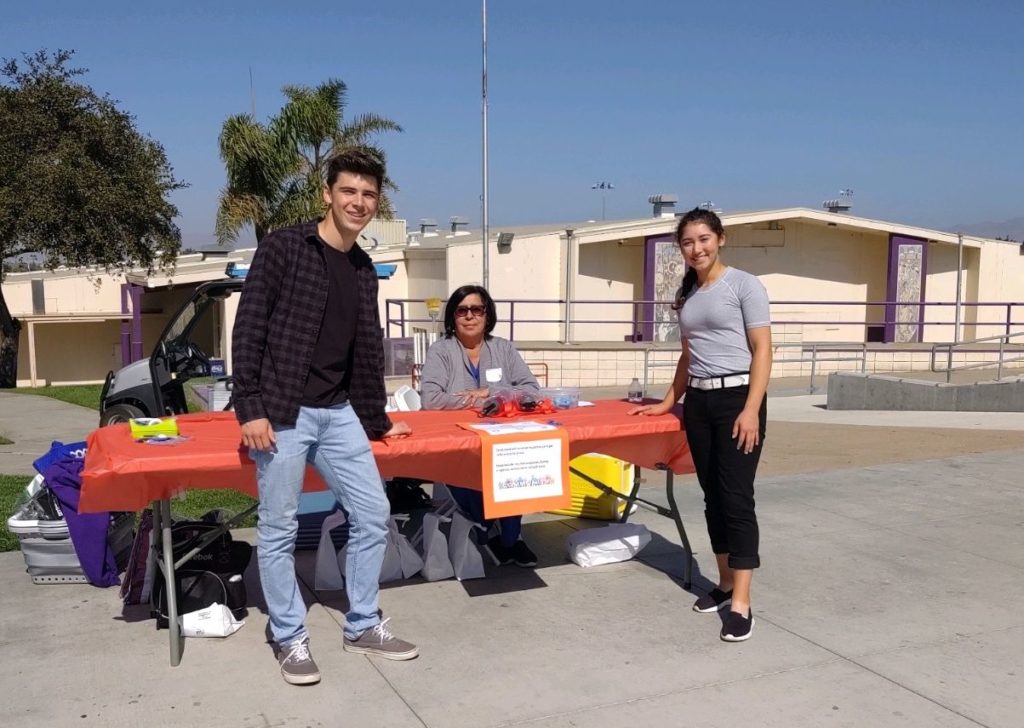Did you know more than 80 percent of First Tee chapters offer programming specifically for girls?
“Growing up playing golf, I never imagined being in the golf industry,” said Rebecca Caimano, assistant executive director at First Tee — Greater Philadelphia, who joined the chapter in 2011 to help grow its girls programming. “It was tough being the only female who played golf.”
Now, Rebecca is among thousands of leaders/coaches who are involved in First Tee.
First Tee views golf as a metaphor for life. It’s not the score that counts, but what you learn along the way. The game is a perfect practice ground for learning skills that extend far beyond the course. Let’s face it, digging deep when things get tough is a natural part of our sport – and life – experiences.
As we celebrate our 25th anniversary (& Women’s Golf Day), First Tee is proud of the role we’re playing in helping more young girls embrace the sport and what they can learn through it. Thanks to many female coaches and leaders throughout our network – like Rebecca – we are a safe place where girls can come, be themselves and learn from coaches and role models on the course and in the business world.
Also, thanks to organizations like USGA (a Founding Partner), LPGA-USGA Girls Golf and John Deere, sponsor of the Drive Your Future Academy, a national leadership development opportunity for female First Tee teens, we continue to intentionally offer opportunities for girls’ personal growth and development in many ways.
Empowering girls for a brighter future
While many First Tee alumnae have gone on to work in golf, others have excelled in different areas, including medicine, journalism and public affairs. And we think that’s great for them, and for the world around us.
Studies have shown that women leaders are engaging and collaborative, yet it hasn’t always been easy for women to break into many top leadership roles. Golf can help.
Ninety percent of Fortune 500 CEOs play golf, according to the PGA of America, and more than half of all businesspeople believe golf is a valuable networking tool. Women executives believe that a background in sport was helpful to career advancement because it prepared them to work better in teams, and behaviors and techniques can be applied to the corporate setting (Women’s Sports Foundation).
First Tee teaches valuable life skills that can help girls as they become leaders. Through our personal growth and junior golf programs, we encourage girls to build self-confidence that they’ll carry with them into their future.
“I originally stuck with it [golf] because I wanted to beat my brother,” Rebecca continued. “And now, here I am, using a sport that changed my life to change others.”
Now, that’s girl power.
Approximately 25% of First Tee’s coaches are women, and we’d love to increase that number! If you are interested or know of a passionate female leader in your life, please point her here to get involved: https://firsttee.org/get-involved/coach-volunteer/
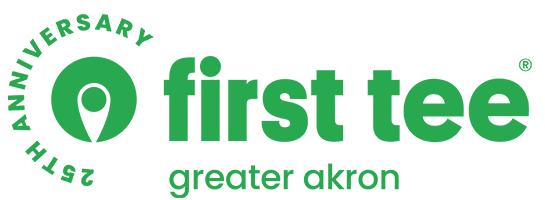
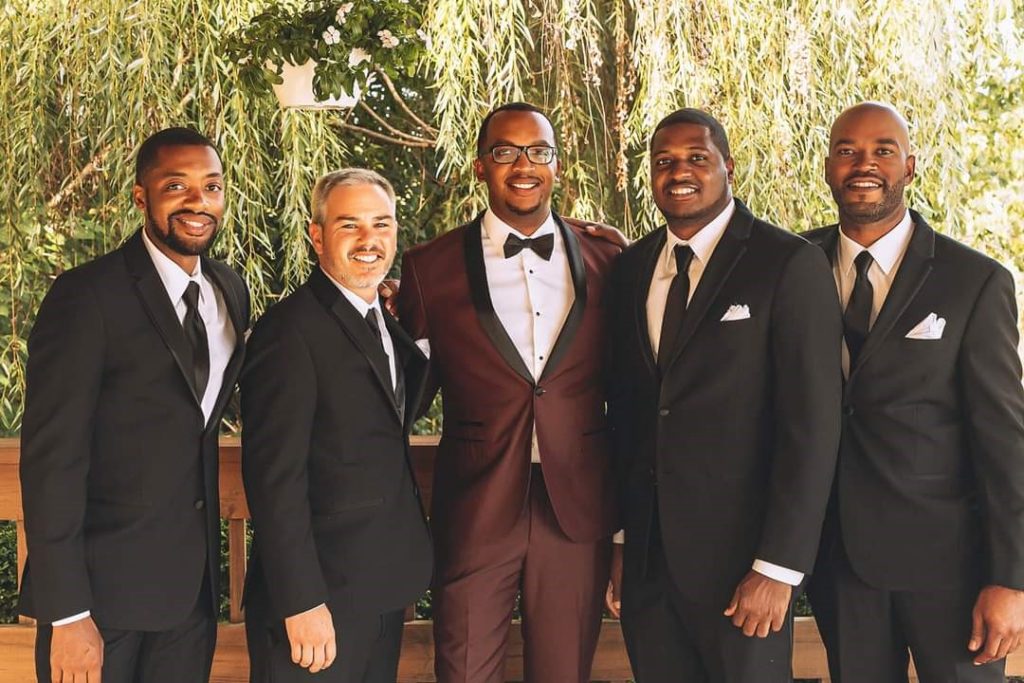

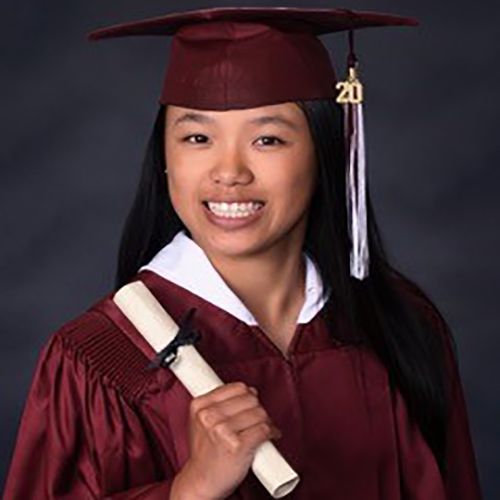
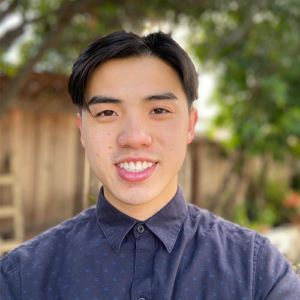 1. Why is mentorship important?
1. Why is mentorship important?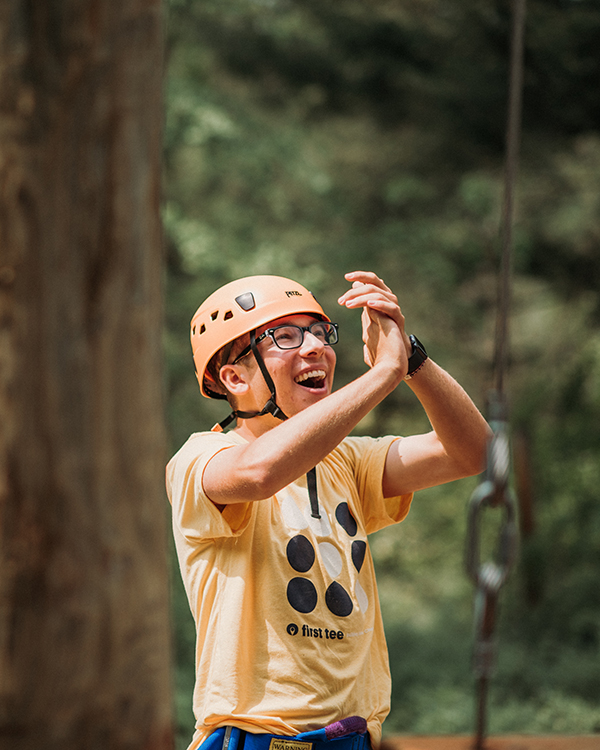 Benjamin Parris, First Tee – Denver
Benjamin Parris, First Tee – Denver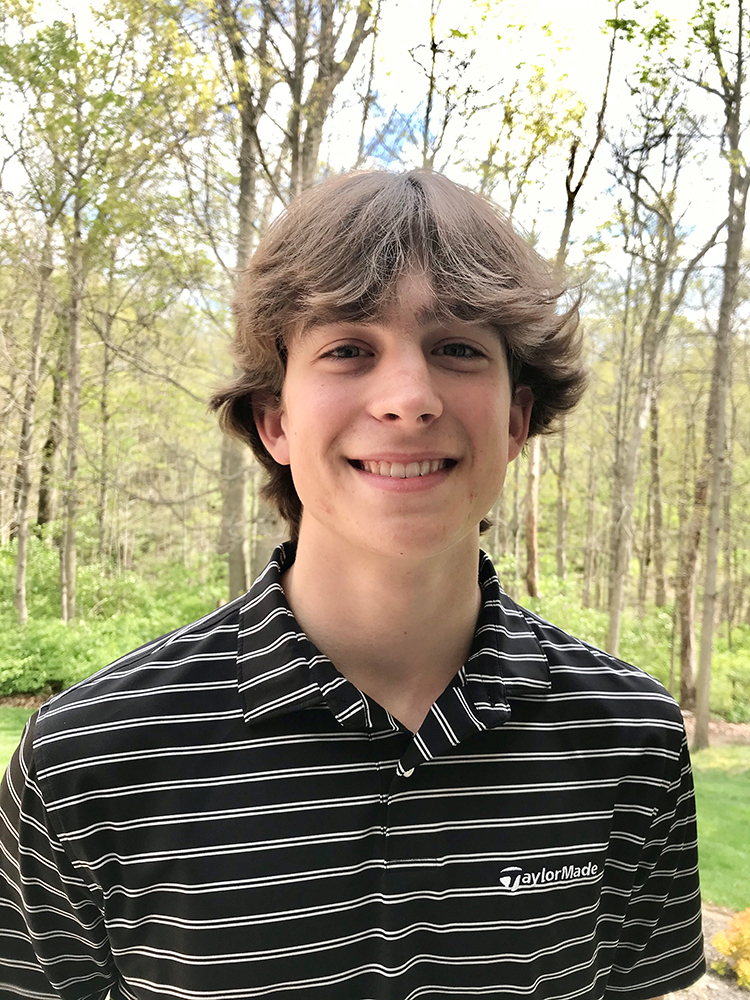
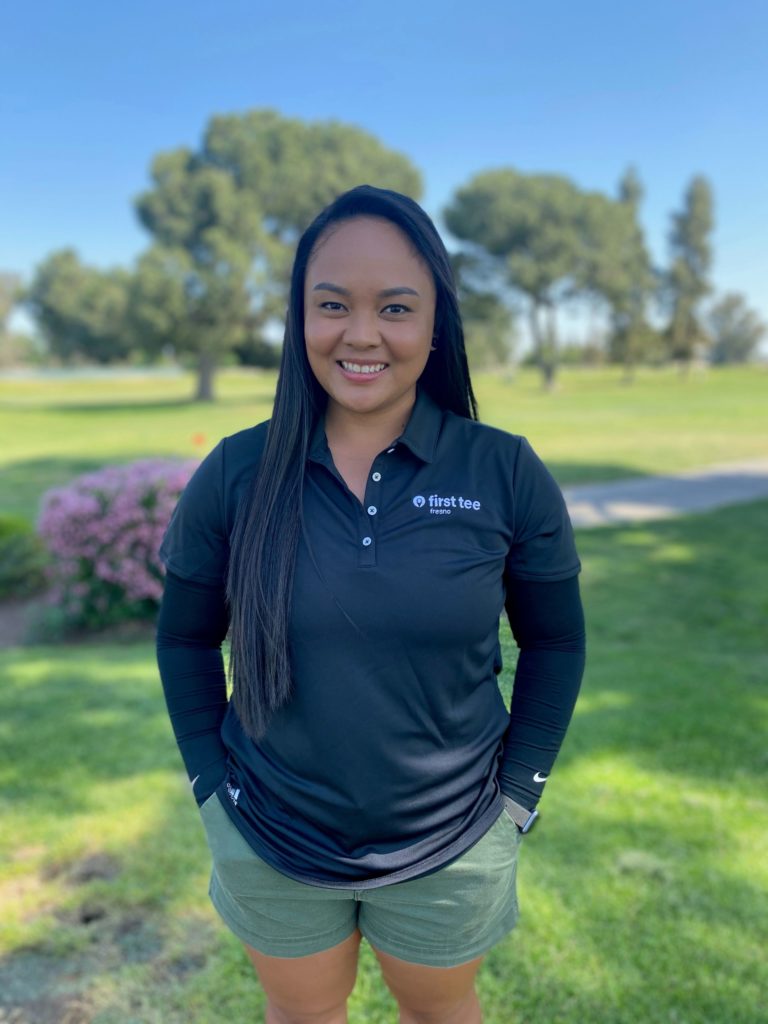 Megan Parayno, a Recognized First Tee Coach, began her First Tee career in 2014. For the past 7 years she’s been working to inspire and empower kids and teens, first as a lead coach for First Tee — Monterey County and now as the Program Director for First Tee — Fresno. In her free time, Megan follows her passion of being a self-proclaimed “sneakerhead and reseller” and is ready to be able to return to her weekly bowling leagues once it’s safe to do so.
Megan Parayno, a Recognized First Tee Coach, began her First Tee career in 2014. For the past 7 years she’s been working to inspire and empower kids and teens, first as a lead coach for First Tee — Monterey County and now as the Program Director for First Tee — Fresno. In her free time, Megan follows her passion of being a self-proclaimed “sneakerhead and reseller” and is ready to be able to return to her weekly bowling leagues once it’s safe to do so.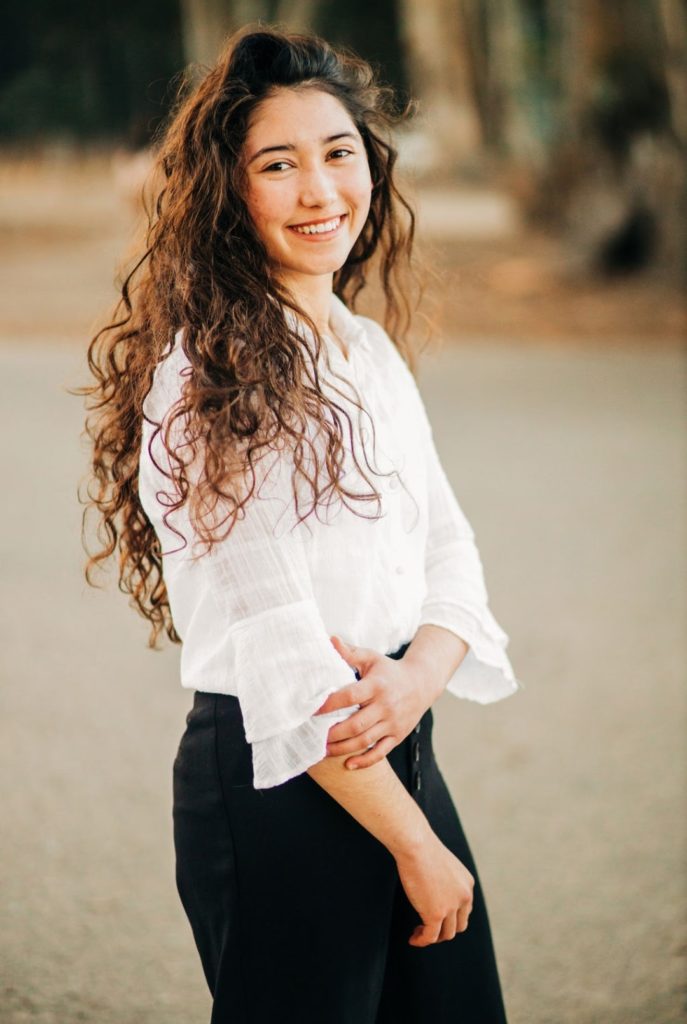 For some, golf may be just a game. For us, it’s an avenue in which kids and teens discover the confidence and inner strength inside of them and learn to bring that to everything they do. One of the ways we cultivate this, is by encouraging youth to understand the value and importance of helping those around them. In your community, within your family or school, the world is in need of game changers who will show up for others. Claire Alford, from First Tee – Central Coast, is a game changer who, with the help of her school club, started the first Community and Health Resources Fair.
For some, golf may be just a game. For us, it’s an avenue in which kids and teens discover the confidence and inner strength inside of them and learn to bring that to everything they do. One of the ways we cultivate this, is by encouraging youth to understand the value and importance of helping those around them. In your community, within your family or school, the world is in need of game changers who will show up for others. Claire Alford, from First Tee – Central Coast, is a game changer who, with the help of her school club, started the first Community and Health Resources Fair. 